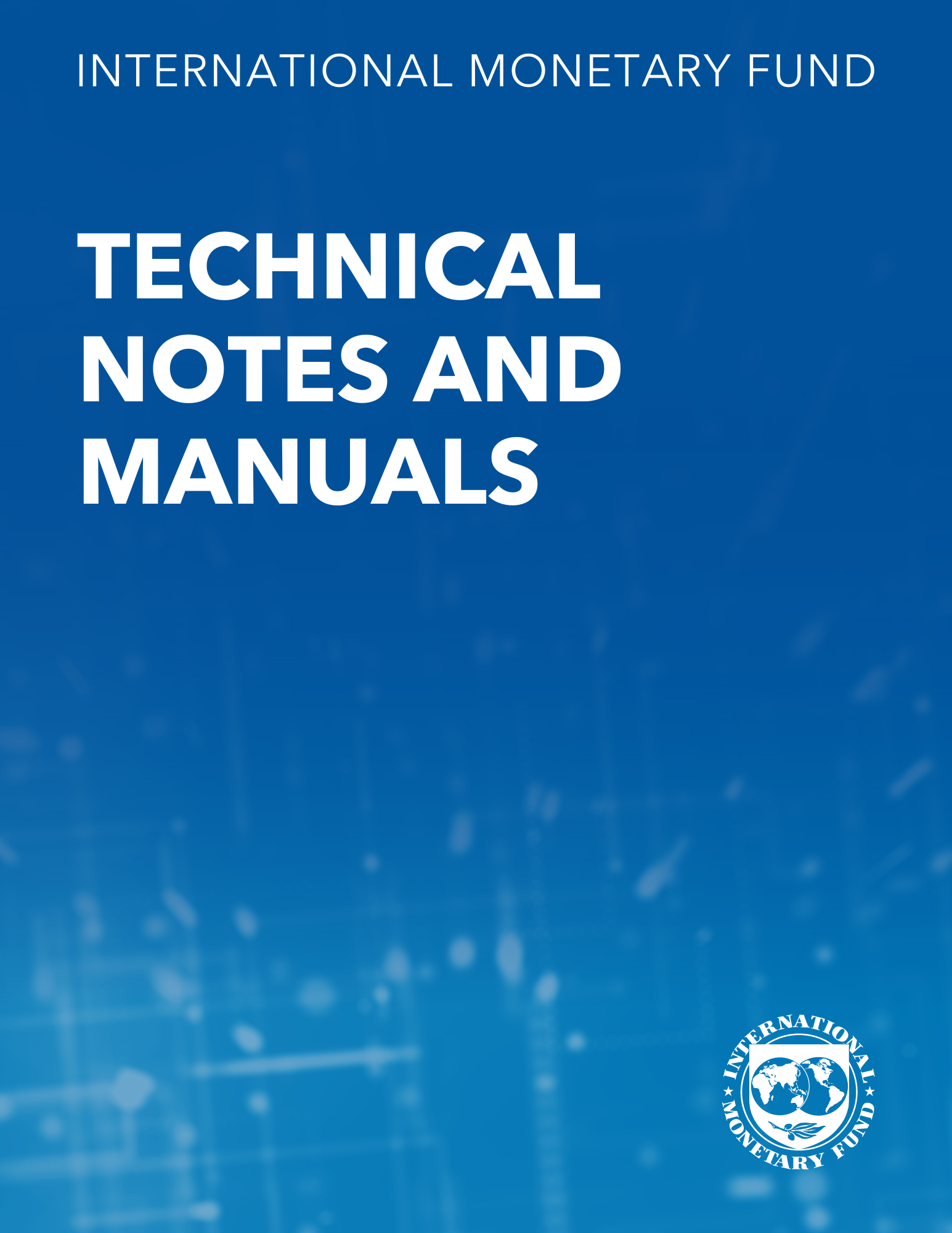Identifying Optimal Indicators and Lag Terms for Nowcasting Models
March 3, 2023
Disclaimer: IMF Working Papers describe research in progress by the author(s) and are published to elicit comments and to encourage debate. The views expressed in IMF Working Papers are those of the author(s) and do not necessarily represent the views of the IMF, its Executive Board, or IMF management.
Summary
Many central banks and government agencies use nowcasting techniques to obtain policy relevant information about the business cycle. Existing nowcasting methods, however, have two critical shortcomings for this purpose. First, in contrast to machine-learning models, they do not provide much if any guidance on selecting the best explantory variables (both high- and low-frequency indicators) from the (typically) larger set of variables available to the nowcaster. Second, in addition to the selection of explanatory variables, the order of the autoregression and moving average terms to use in the baseline nowcasting regression is often set arbitrarily. This paper proposes a simple procedure that simultaneously selects the optimal indicators and ARIMA(p,q) terms for the baseline nowcasting regression. The proposed AS-ARIMAX (Adjusted Stepwise Autoregressive Moving Average methods with exogenous variables) approach significantly reduces out-of-sample root mean square error for nowcasts of real GDP of six countries, including India, Argentina, Australia, South Africa, the United Kingdom, and the United States.
Subject: Economic forecasting
Keywords: Annex I. AS-ARIMAX procedure, baseline model, Business Cycles, evaluation comparison, Forecasting, Global, Mixed Frequency, Nowcasting, nowcasting method, selection procedure
Pages:
38
Volume:
2023
DOI:
Issue:
045
Series:
Working Paper No. 2023/045
Stock No:
WPIEA2023045
ISBN:
9798400235177
ISSN:
1018-5941







